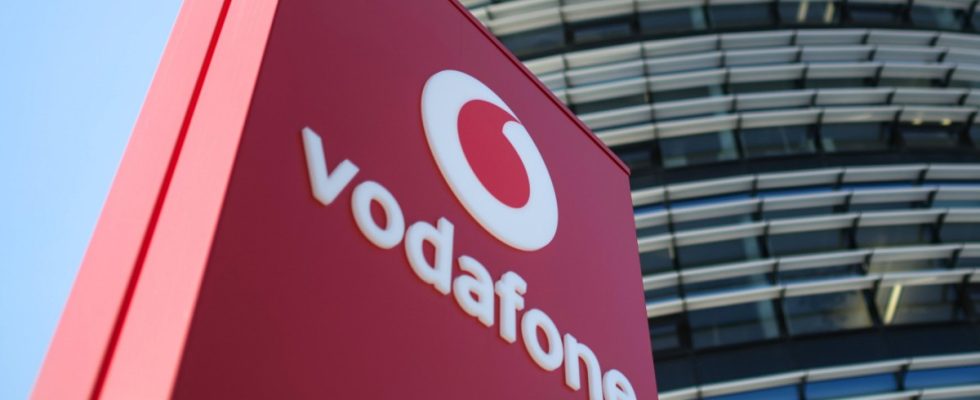Joy and sorrow are sometimes close together: the British telecommunications company Vodafone reported on Tuesdaythat its German subsidiary earned more again in the past quarter, after more than a year of declining sales. On the same day, the Federal Association of Consumer Organizations (vzbv) announced at the Hamm Higher Regional Court a class action lawsuit against Vodafone Germany to have submitted. This is about the fact that the national company based in Düsseldorf has increased tariffs for cable television and internet by five euros per month – for existing contracts. Ten million customers are said to be affected.
It is one of the first proceedings that relates to a law on so-called remedial actions that came into force in mid-October. Vodafone customers can take part in this new form of class action by entering into a lawsuit register. This will probably open in a few weeks. A spokesman for Vodafone Germany says the group has complied with applicable law: “The majority of all German companies have increased their prices in recent months due to inflation,” he explains. “We have tried for a long time to buck this trend.” In the end, Vodafone also had to react to the increased costs. The legal requirement for the price increase for existing contracts can be found in the General Terms and Conditions (GTC).
Because of the increase, customers are allowed to terminate the contracts. Nevertheless, consumer advocates are dissatisfied. “The vzbv considers Vodafone’s price increases to be ineffective,” says association boss Ramona Pop. The association announced the lawsuit that had now been filed in May; Since then, according to the organization, more than 10,000 citizens have come forward.
The internet price increase also led to 133,000 customers leaving Vodafone Germany, according to the figures for the past quarter. The company gained 69,000 cell phone customers. However, this increase is modest compared to the increases the rival Deutsche Telekom and Telefónica, i.e. O2most recently announced.
The company is cutting jobs
Nevertheless, the figures for the months from July to September represent a significant improvement compared to the previous quarters. Service revenue for mobile communications and landlines grew by 1.1 percent to 2.9 billion euros, after five shrinking quarters sales.
Country boss Philippe Rogge says the numbers show that “the path we have taken is the right one.” The Belgian, who has been running Vodafone Germany for almost a year and a half, sees “three building blocks” that would have brought the company “back on the road to success”: “better service, more attractive mobile phone offers and better networks.”
With mobile phone packages, for example, users received more data volume. The group also invested in expanding the mobile network and in more stable connections for the landline network. Vodafone’s landline customers had previously suffered from quality problems. The national company is hiring more employees in the areas of service and technology – even though Rogge is cutting jobs overall in order to save money.
Rogge’s empire is the most important thing in the Vodafone network; Germany contributes almost a third of sales. The group is currently withdrawing from other competitive markets or is looking for partners there: Margherita Della Valle, Vodafone boss since April, is selling the Spanish business for up to five billion euros. In the British home market, Della Valle Vodafone wants to merge with its rival Three – this would create a new market leader on the island. So far, the provider BT, in which Deutsche Telekom has a stake, is in the lead. The manager also said she was examining various options for the Italian subsidiary.

